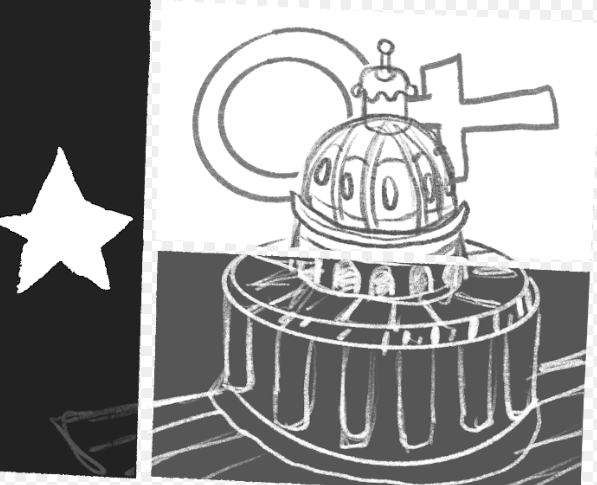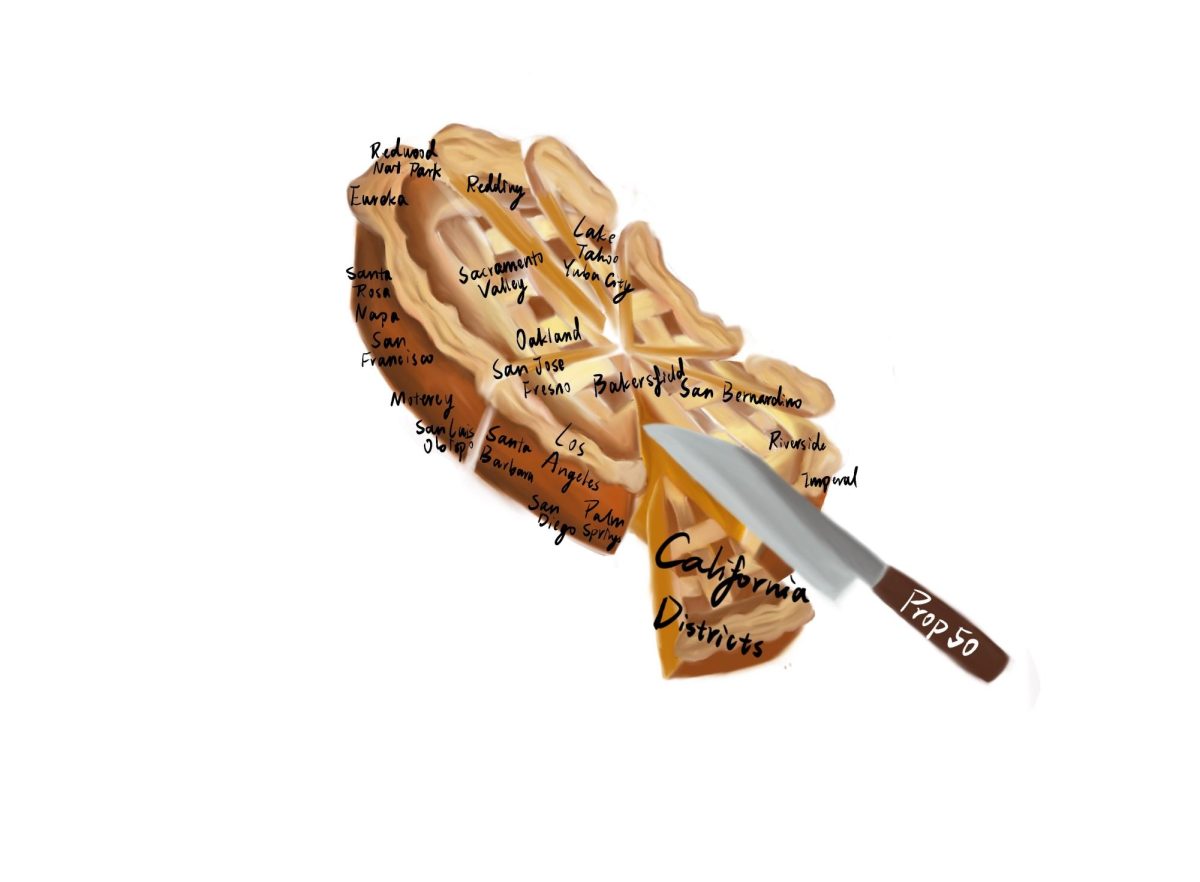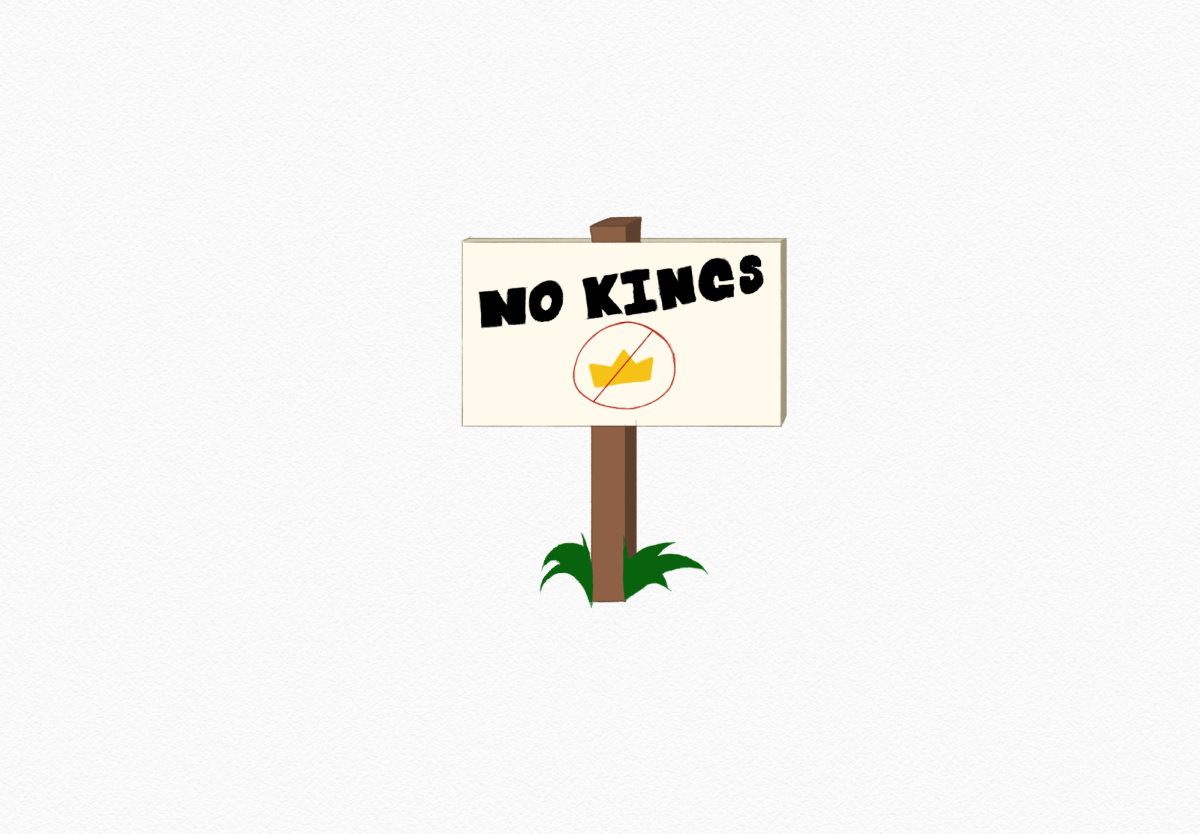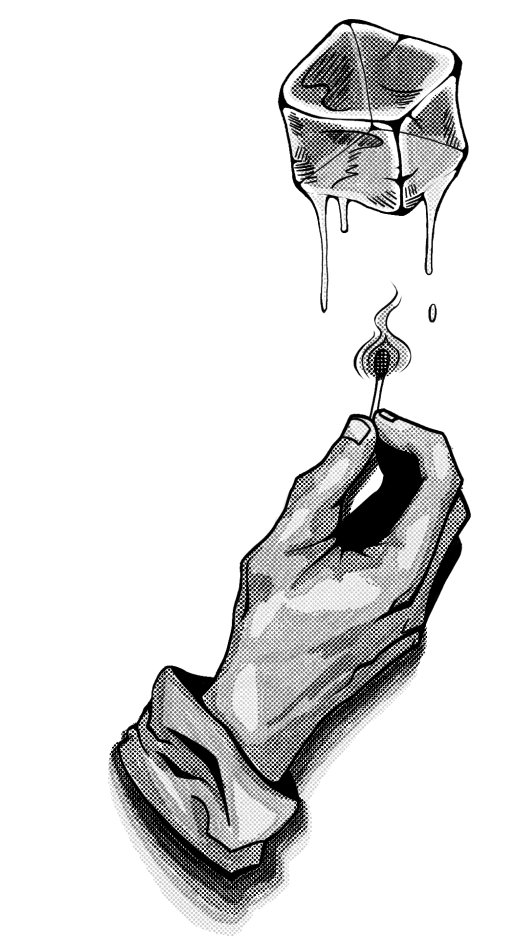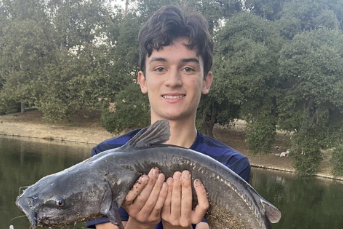On April 9th, a landmark decision by the Arizona Supreme Court was issued in the case of Planned Parenthood Arizona vs. Mayes. The decision allows the state of Arizona to enforce a near-total ban on abortion from a law dating back to 1864. This ban, put in place during the Civil War before Arizona even became a state, is now close to becoming enforced. What exactly does this mean for the reproductive rights of women in Arizona? To put it simply, women in Arizona will in almost every instance be forbidden from receiving an abortion regardless of incest or rape, and the only exception will be in the instance that the woman’s life is in danger.
Previously, the ban was not allowed in Arizona because of the Roe V. Wade decision in 1973 which guaranteed every woman in the country the right to an abortion. However, since Roe V. Wade was overturned in 2022, a series of legal processes opened the door for this outdated ban to come back. But this does not mean potential time in prison for patients getting an abortion in Arizona; rather, the people that would be in danger of prosecution are the healthcare providers who perform the abortion or provide the abortion pills to the patient.
However, questions have also been raised regarding the effectiveness of such bans. According to the Kaiser Family Foundation, 71 percent of abortions in the District of Columbia are by out-state-residents. This means that due to bans or restrictions in a woman’s home state they are traveling out-of-state to get abortion procedures or even abortion pills.
The ruling has not only upset Arizonians but has also affected CHS students alike. Senior Karen Eckert and Junior Sadie Hannan have chosen to vocally express their discontent.
“Bans like this are just a plot to take control over people’s bodies, they don’t do it because they ‘care about the children’. People who get abortions typically have thought about it for long enough to make a decision that is right for them. Often they have chosen to do it because they know they can’t provide for or take care of a child at that point in their lives.” If children are forced into living in bad conditions they could end up living in poverty, going into foster care, or be abused in some manner,” Eckert said.
The point that Eckert makes resonates with numerous other pro-choice advocates. Many believe that factors such as economic situation and the circumstances in which the woman was impregnated should be considered during this difficult decision.
“I think we have stepped back a bit and stopped fighting since Roe V. Wade was overturned but I think the Arizona abortion ban has reminded us to keep fighting and that the battle for women’s reproductive rights is not over,” Junior Sadie Hannan added.
Now, what is the political angle of this topic? With the presidential election coming up in November, the ban will certainly have an effect on voters. Democrats in particular will benefit hugely from this ban being reinstated because it means that many Arizona voters will be inclined to reelect current President Joe Biden, a champion of women’s reproductive rights. For a swing state like Arizona, any political momentum that a party can get will put them in a better position to win electoral votes and the presidency as a whole in November.
The Arizona abortion ban will unquestionably have a major impact on women’s rights and the election in November. While pro-choice advocates are outraged with the Supreme Court decision, pro-life advocates see it as a big win. But whether one is pro-life or pro-choice, there is no doubt it will change the social and political landscape for the near future.



